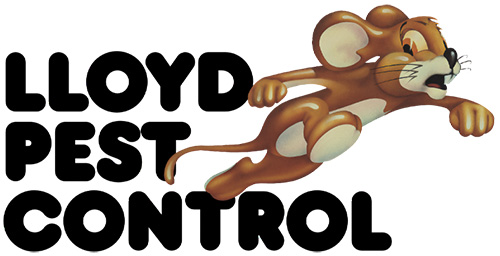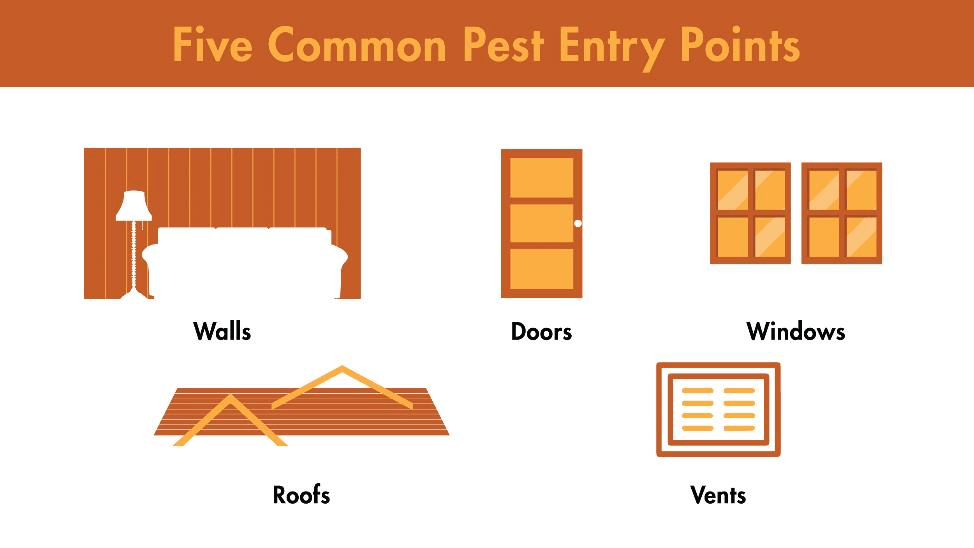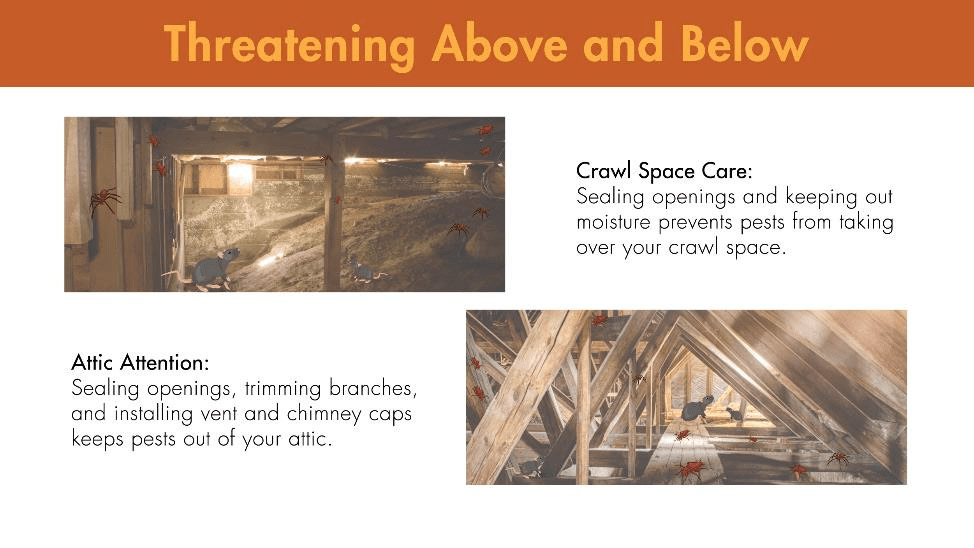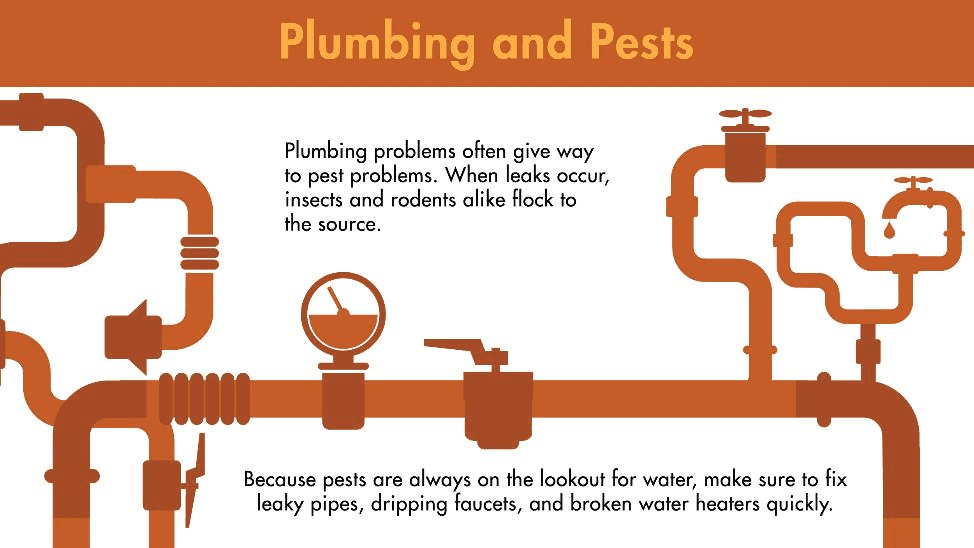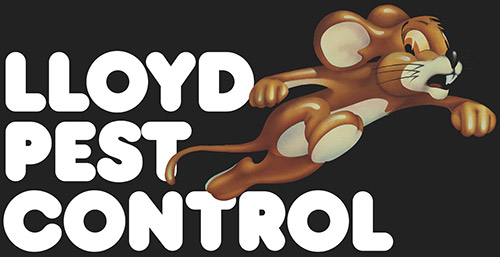- Termite Control
- ResidentialCommon Residential Pests
Lloyd Pest Control is the leader in bed bug and termite control in San Diego, Orange and Riverside counties. We’re so certain that you’ll be ecstatic with our service that we’re proud to offer a 100% money-back guarantee!

- BusinessCommercial Pest Control
Your business is your business, but when you’ve got pests, it’s our business. At Lloyd Pest Control, we can help you keep doing business without the unplanned guests.

- Service Areas
- Why Lloyd?
- Free Quote
Keeping Them Out: A Home and Business Guide to Pest Prevention
Pest Control Tips
When pests come inside, they become a problem in more ways than one. They threaten our health, damage our property, and become an overall nuisance. Stopping pests doesn’t mean you have to wait around for them to show up; rather, it means being proactive to prevent them from showing up in the first place. With a focus on the most vulnerable areas of Southern California homes and businesses, find out how to fortify your property against bothersome insects and rodents.
Why We Need to Pest-Proof Our Properties
You may think you only need pest control after you notice an infestation, but you should take action long before that. Spiders are scary enough when they swing down out of nowhere. But what’s even more frightening is that they may have been lurking in your home for weeks before you see them. The same is true for many other pests: By the time you see them, your property may already be overrun. Stopping them from ever coming in saves you time and money – and staves off stress.
Know Your Most At-Risk Spots
The first step to prevent pest invasions is having an understanding of where on your property they’re likely to enter. We’d like to think we’re insulated from the outdoors, but no building is perfect. Tiny insects like flies and ants squeeze through the smallest of holes. Even larger pests like mice and rats also fit inside narrow gaps as small as a dime. That doesn’t even factor in their teeth, which allow them to chew through drywall and other building materials.
The size and mobility of pests make them a constant threat to your property. After sneaking in through vulnerable spots, they settle in dark, tight spaces – feeding and growing their populations undetected. As they multiply, pests make life for home and business owners incredibly difficult. These are the common at-risk spots on your property:
- Walls and ceilings
- Siding and roofing
- Doors
- Windows
- Crawl spaces
- Attics
- Vents and ducts
- Pipes
It’s important to closely monitor these areas of your home and do your best to close them off to pests.
Seal Doors and Windows
The most common entry points for pests are doors and windows. After all, they’re your home or business’ connection to the outside world. To keep out pests, fit your windows with screens if they don’t already have any, and replace any that have holes in them. Make sure your doors and windows close correctly to prevent gaping holes from rolling out a pest’s welcome mat. Look for any cracks in door and window frames, then seal any that you find with caulk. Weather stripping is also beneficial; it not only defends against the elements, but adds one more thing pests would have to get through.
Be Wary of Your Attic and Crawl Space
Since pests look for secluded spaces, attics are a prime location for them to settle down. A common attic dweller is the roof rat, which uses its strong climbing ability to get onto roofs and eventually into buildings. Flying insects also get up high into attics. To keep pests out, occasionally check your roof for holes, trim tree branches, and install a cap on your chimney (if it crosses through your attic).
Most Southern California homes don’t have basements, but many have crawl spaces. This three-foot-high area is like a shallow “basement,” but it’s usually reserved for plumbing and wiring. That makes it a perfect hideout for pests. Sealing openings is a good prevention technique. In addition, installing a crawl space vapor barrier prevents condensation from accumulating, and keeps away moisture-loving pests like silverfish, earwigs, centipedes, and more.
Watch Your Vents
While vents carry air outside, they may also allow pests inside. Most critters don’t like to be around flowing air (they don’t like the dry conditions), but vents may still play an important role for them: as tunnels to get to more hospitable locations. Two of the typical pest travel routes for homes and businesses are:
- Kitchen vents: If you own a restaurant, you probably have a ventilation system for safely removing steam from the kitchen. Pests use them to get inside, and since they come indoors seeking food and water, they flock to kitchens, too.
- Dryer vents: If you own a home with a dryer, your dryer vent gets rid of moist air. After entering through the laundry room, pests move to nearby kitchens and bathrooms in search of food, water, and shelter.
If you’re afraid your vents are vulnerable, update them to keep pests out. Get covers for any vent you fear might serve as a transportation route. Also, check to make sure that pests – specifically, rats – haven’t been chewing into any of your vents.
Take Care of Your Plumbing
Since most pests are attracted to water, the allure of pipes often brings them inside. Most pest problems related to plumbing also stem from a plumbing problem – typically, leaks. That’s why ants and roaches often end up in kitchens and bathrooms. It’s also why dampwood termites show up to munch on moist wood. Other pests may even cause blockage by gathering in pipes. If you notice a plumbing issue, get it fixed before pests make it worse.
Keep Containers Free of Pests
When your home or business is fortified against infestations, pests have to get creative. To the dismay of home and business owners, they often sneak in via containers, packages, and bags. A brief inspection of new ingredient shipments or grocery bags may catch them in the act. Be sure to quickly dispose of packaging as well. Cutting down on clutter is also key, as otherwise, pests that slip inside may hide in tightly packed areas.
Get the Professionals at Lloyd Pest Control
The best way to stop infestations is preventing them from happening at all, and that means focusing on the at-risk parts of your property. But when your own efforts aren’t enough, let the professionals give you a hand. At Lloyd Pest Control, we offer both residential and business pest control throughout Southern California. Our focus is on prevention, in addition to eradicating pests that may already be on your property. We’ll work with you closely to fortify your home or business against infestations. Contact us for a free quote.
